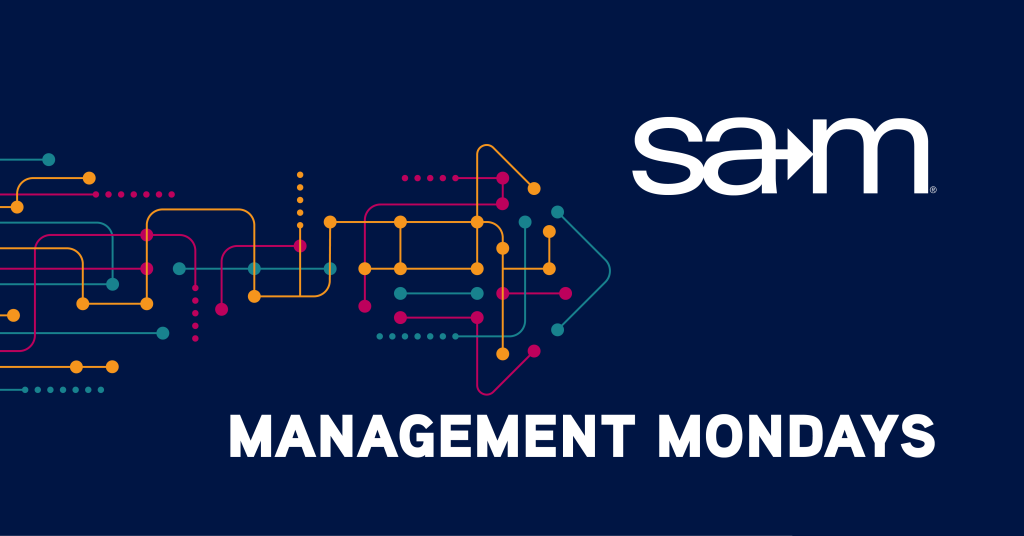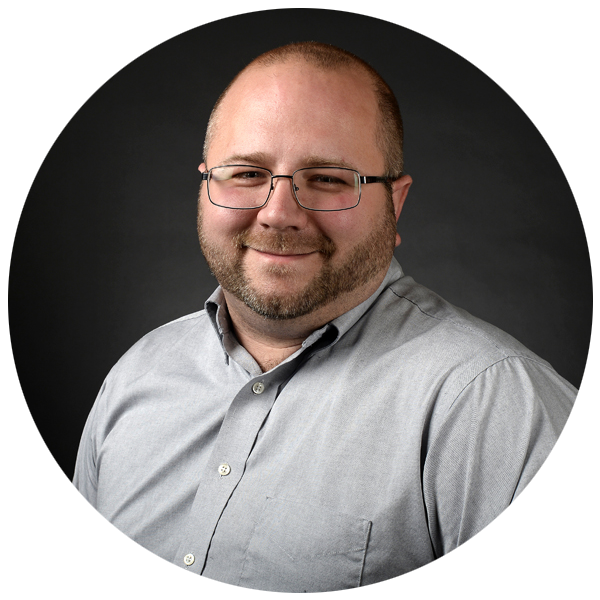
Success begins in the mind. The stories we tell ourselves about what we are capable of tend to shape our outcomes more than the actual challenges we face. Many professionals carry a silent doubt that eventually limits their growth. Even those with proven track records may question whether they are truly ready for a larger role or a new challenge. These thoughts often go unspoken, but they show up in small ways. They appear when we hesitate to speak up, avoid taking on new responsibilities, or second-guess our own ideas. Over time, this internal hesitation begins to limit what we pursue and how we perform.
What holds people back is not always a lack of ability. Often, it is a belief that our abilities are fixed and unchangeable. When we assume that talent is something we either have or do not have, we stop investing in the possibility of growth. This belief becomes especially damaging when we encounter failure or difficult feedback. Instead of using these moments to learn, we see them as confirmation that we are not good enough. The truth is, mindset matters. A person who believes they can learn and grow will often outperform someone with more talent but less belief. Confidence in your potential is not arrogance. It is the foundation for continuous improvement.
Fixed-Capacity Thinking: The Silent Saboteur
A fixed-capacity mindset operates on the belief that your intelligence and capabilities are set. This mindset develops early and is reinforced by environments that praise innate talent over effort. As adults, this belief leads people to avoid new challenges because they fear being exposed as inadequate. If something feels difficult, they assume it means they are not capable. Over time, this creates a cycle of avoidance. People stop stretching, and as a result, they stop growing. Their career stalls, not because they reached their limit, but because they stopped moving forward.
The most dangerous part of this mindset is how quietly it operates. It often shows up in the form of rational explanations. We tell ourselves a role is not the right fit or that someone else is naturally better suited for it. We avoid learning new skills by saying we are too busy or that the opportunity is too far outside our comfort zone. These thoughts may feel logical, but they prevent us from taking the very steps that lead to growth. If you believe your abilities are fixed, you will miss chances to improve. Your mindset becomes a barrier, not the challenge itself.
Embracing a Capacity-Building Mindset
A capacity-building mindset changes the way you approach challenges and opportunities. It is built on the belief that skills can be developed through focused effort, feedback, and learning. This mindset does not ignore failure. Instead, it sees failure as useful information about what to try next. The key difference is in how you respond. Someone with a growth mindset asks, “What can I learn from this?” rather than, “What is wrong with me?” That one shift in thinking opens the door to personal and professional progress. When you believe you can improve, you begin to act like it.
Over time, this belief creates real results. People who adopt a capacity-building mindset take more risks, pursue more opportunities, and recover from setbacks more effectively. They build confidence through action. Their careers evolve, not because they never struggle, but because they refuse to stay stuck. They know that their current limitations are not permanent. Every skill, whether technical or interpersonal, can be improved with the right kind of effort. This belief fuels momentum and helps professionals stay adaptable in a changing workplace.
Why Growth Is More Strategy Than Talent
Talent matters, but strategy matters more. Many people assume that top performers are naturally gifted, but research shows they often rely on deliberate practice. They study their own behavior, seek feedback, and make adjustments. This process of continuous learning allows them to build expertise that others only admire from a distance. They succeed because they work at getting better, not because they were born ready. Skill is earned, not assigned. That is why strategy and mindset go hand in hand.
Growth does not happen just by staying busy. It happens when you work on the right things in the right way. You must be willing to challenge yourself, reflect on your experiences, and seek help when needed. These are not signs of weakness. They are signs of intention. People who design their own development plan get ahead because they are not waiting for permission. They are building capability with every action they take. It is not about being perfect. It is about being committed.
Final Thoughts
Belief is not a passive mindset. It is an active decision to view yourself as capable of growth and development, even when progress feels uncertain. Professionals who choose to believe in their ability to improve are more likely to take meaningful risks. They are also more likely to recover from setbacks because they see each challenge as temporary and each mistake as a learning opportunity. Rather than waiting for proof that they are ready, they take steps to become ready. This shift in thinking creates a sense of ownership over the direction of their career. It transforms uncertainty into a path forward instead of a reason to hold back.
The people who achieve long-term success are not always the most talented or confident at the start. They are the ones who continue to move forward, even when the outcome is not guaranteed. They remain open to learning, focused on growth, and willing to make changes when something is not working. This approach builds resilience, which becomes an advantage in fast-paced and evolving environments. A capacity-building mindset does not ignore challenges, but it refuses to accept limitations as permanent. Believing in your ability to learn and adapt is the starting point for meaningful and lasting achievement. It is this belief that fuels momentum and shapes the foundation of a successful career.
If you are ready to take control of your career and expand your impact beyond your current role, now is the time to build the skills that drive real progress. Enroll in our Talent Management and Career Development course to strengthen your ability to grow talent, starting with your own. This course provides practical strategies for navigating the five stages of the career life cycle and equips you with tools to identify skill gaps, apply effective training approaches, and support others through leadership development. SAM members receive a 20% discount, join today and take advantage of this and many other membership benefits!

Written By,
Patrick Endicott
Patrick is the Executive Director of the Society for Advancement of Management, is driven by a deep commitment to innovation and sustainable business practices. With a rich background spanning over a decade in management, publications, and association leadership, Patrick has achieved notable success in launching and overseeing multiple organizations, earning acclaim for his forward-thinking guidance. Beyond his role in shaping the future of management, Patrick indulges his passion for theme parks and all things Star Wars in his downtime.
